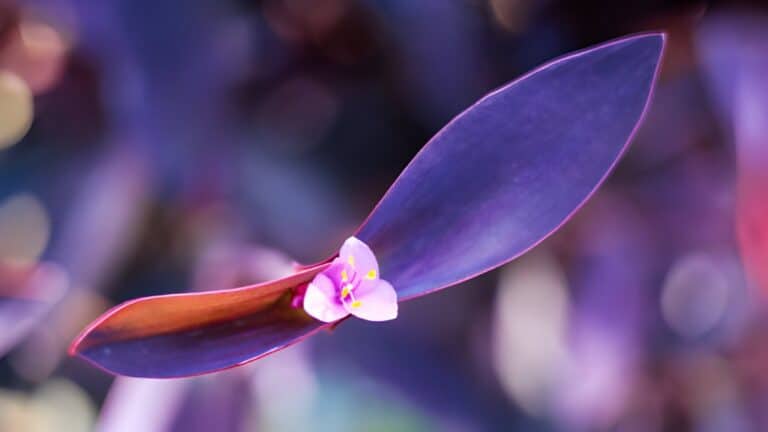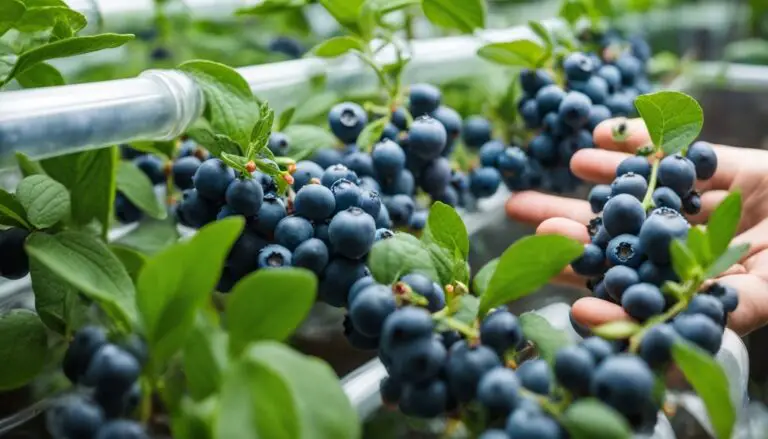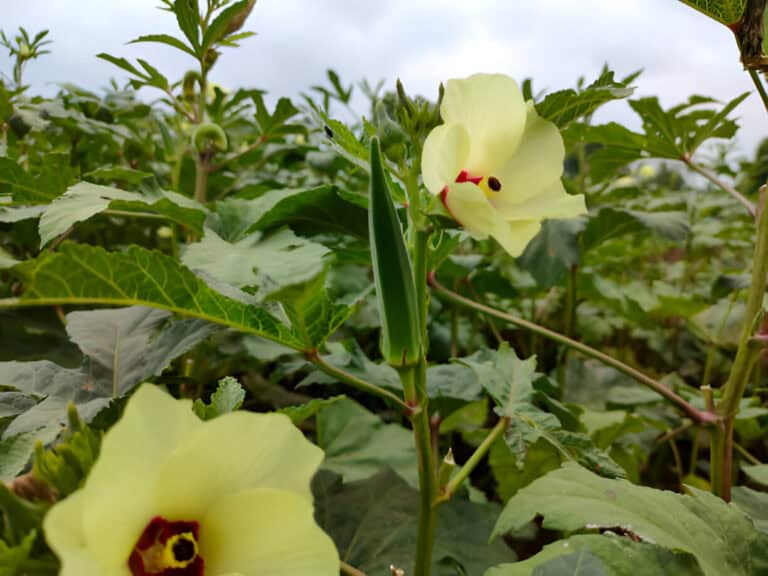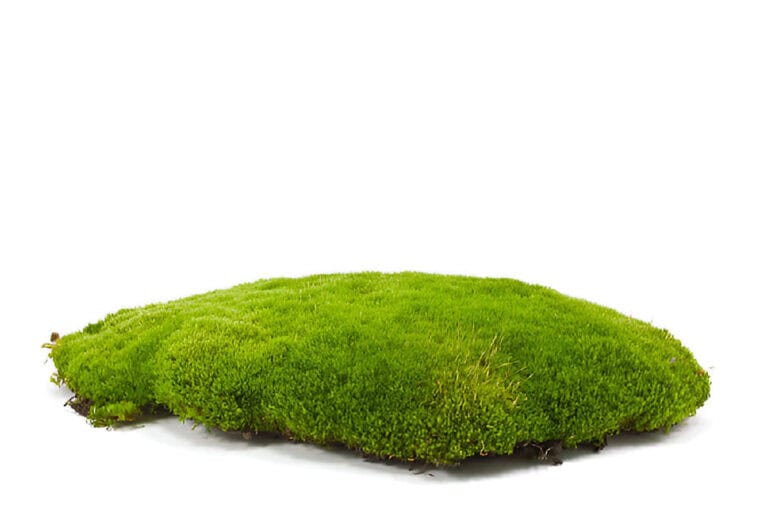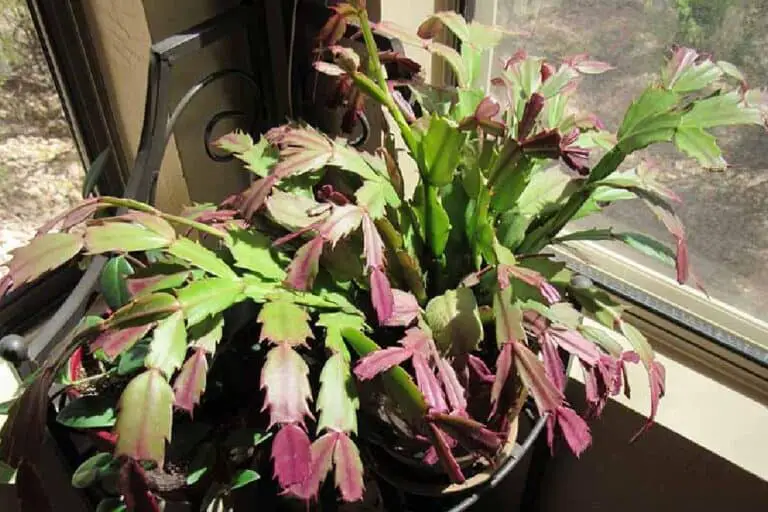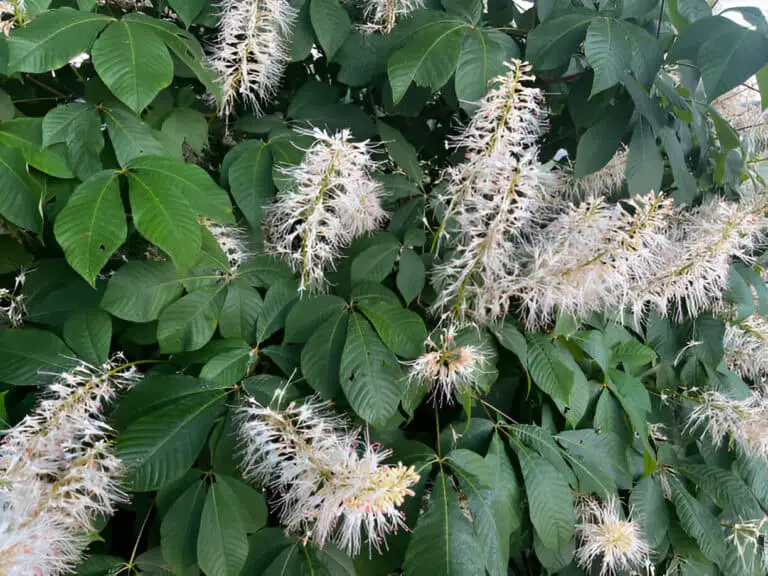Should You Soak Basil Seeds Before Planting? Guide to Preparing Seeds
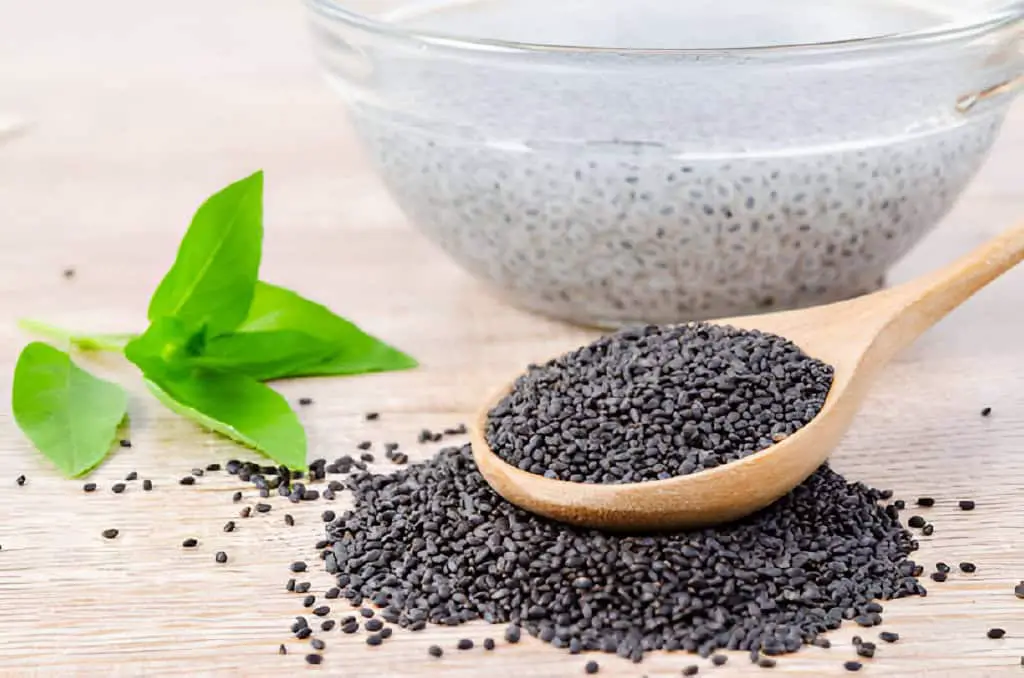
There’s nothing quite like the fresh scent of basil wafting through the kitchen or brightening up your garden with its vibrant green leaves. This herb adds aroma. It turns simple dishes, like pasta sauces and pizzas, into masterpieces. So, it is a must-have for any gardener’s herb collection. Before you get excited about tossing those tiny black basil seeds into your garden soil, you might wonder if soaking them first helps.
Soaking basil seeds can be a game-changer for your garden. This simple step kickstarts germination. It ensures your seeds are well-hydrated before planting.
When you soak the seeds, you soften their outer layer, which can speed up sprouting and improve overall seedling health. In essence, soaking gives your basil seeds a head start, allowing them to break through the soil more quickly and establish themselves as robust plants.
Let’s dive into this process, and I’ll guide you step-by-step to help you grow basil like a pro.
My Love Affair with Basil: The Beginning
I have to admit, I didn’t always have a green thumb. When I first started gardening, my herb plants would whimper within a week. Basil was the one that made me rethink everything I knew about gardening.
The fresh, fragrant leaves turned my pasta dishes into masterpieces. But I wasn’t sure about the nuances, like whether to soak basil seeds before planting. So I dug deeper (pun intended).
The Big Question: Should You Soak Basil Seeds?
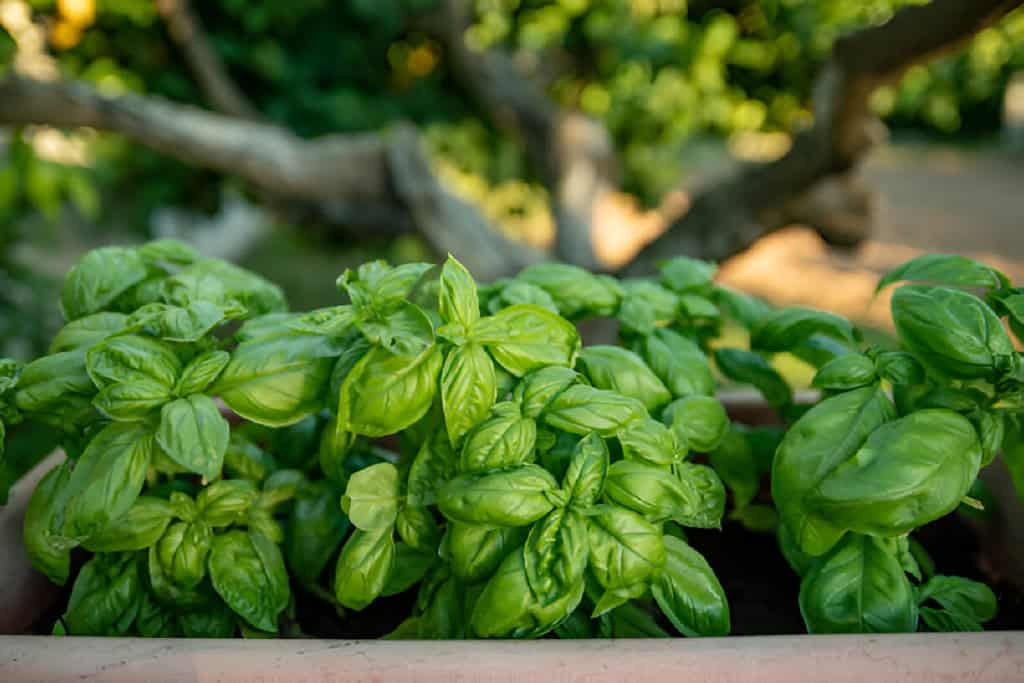
It seems like everyone has a different answer to this question. Some swear by soaking, claiming it leads to faster germination and healthier plants. Others argue that basil seeds are easy enough to sprout without this extra step.
Here’s the thing: Soaking basil seeds can help, but it’s not absolutely necessary. Whether or not you should soak depends on a couple of factors, such as how fast you want to see sprouts and how patient you are. If you’re in a rush to fill your windowsill with greenery, soaking can give you a head start. But if you’re laid-back and willing to wait a few more days, you can skip this step.
Why Soak Basil Seeds?
- Speedier germination.
- Hydrated seeds establish quicker.
- Easier growth in tougher soils.
Why Skip Soaking?
- Seeds naturally sprout without intervention.
- Potential oversaturation if not monitored.
- Some varieties of basil do just fine without it.
The Science of Seed Soaking
Let’s get nerdy for a moment—don’t worry, I’ll keep it simple. Seeds, in general, have an outer coating, almost like a shield. It protects them in the wild, keeping them safe until the conditions are right for sprouting. When we soak seeds, we’re essentially breaking down that shield faster, telling the seed, “Hey, it’s go-time!”
Basil seeds, interestingly enough, have a gelatinous coating that gets slimy when wet. This slimy coating acts as a moisture reserve for the seed, helping it to kickstart germination. So when you soak basil seeds, you soften that outer layer and allow moisture to penetrate the seed more easily, which can potentially shave off a few days of waiting time.
To Soak or Not to Soak: My Experience
I’ll admit, I’ve tried it both ways. Some years, I felt impatient and soaked the seeds. In others, I planted them dry, and to my surprise, they sprouted just fine. But soaking definitely helped when I had a tougher soil mix or wanted to encourage fast growth for indoor planting. So, to each their own.
Here’s a quick breakdown of how I decide whether to soak my basil seeds:
| Scenario | Do I Soak the Seeds? |
| Using high-quality potting mix | No |
| Planting directly in the garden | Yes |
| Want faster germination indoors | Yes |
| Planting in pots with drainage | No |
| Experimenting with different soils | Yes |
| Related: How Much Soil Depth and Space Does Basil Need to Grow? |
How to Soak Basil Seeds: My Go-To Method
If you’re on the soaking train, here’s a foolproof way to do it:
1. Gather Your Seeds and Materials
Start with fresh, high-quality basil seeds. Grab a shallow bowl and fill it with room-temperature water—nothing too hot or cold, because we don’t want to shock the seeds.
2. Soak the Seeds
Toss the seeds into the water and give them a gentle stir to make sure they’re evenly spread. The seeds should start to form that famous gel-like coating after a few minutes. I usually leave them soaking for about 12–24 hours. Any longer than that, and the seeds might get a bit too soggy, which isn’t ideal for planting.
| Soaking Time | Results |
| 6-12 Hours | Light swelling and slight gel formation |
| 12-24 Hours | Optimal swelling, seeds fully hydrated |
| Over 24 Hours | Risk of rot or seeds becoming too saturated |
3. Drain and Plant
Once your seeds have soaked long enough, drain them carefully—don’t rinse, or you might wash away that beneficial slime. Plant them in moist soil, and cover them lightly with a thin layer of soil. Keep the soil consistently damp, and within 5-7 days, you should see the magic happen—little green sprouts poking through the earth.
Preparing Basil Seeds Without Soaking
Let’s say you decide soaking just isn’t for you—no worries. Here’s how you can dry basil seeds and still have a flourishing herb garden:
- Prepare the Soil: Whether you’re planting in a garden bed or a pot, make sure the soil is loose and well-draining. Basil doesn’t like wet feet, so if your soil is compacted, loosen it up before planting. I recommend mixing in some compost to ensure the soil is nutrient-rich.
- Sow the Seeds: Plant basil seeds about 1/4 inch deep and lightly cover them with soil. Basil seeds are tiny, so you don’t want to bury them too deep. Think of it like tucking them into bed with just a light blanket.
- Water and Wait: Keep the soil consistently moist, but not waterlogged. Basil likes damp conditions for germination but hates sitting in standing water. Within 7-10 days, you should see the first signs of growth.
The Verdict
So, should you soak basil seeds before planting? The short answer is—it depends on your goals. If you want to speed things up, soaking gives you a bit of a boost. If you’re more relaxed about the timing, you can skip the soaking and still end up with a beautiful, fragrant basil crop.
Whether you choose to soak or not, remember that the key to healthy basil is maintaining the right balance of moisture and sunlight. This herb loves warmth and light, so place it somewhere sunny and give it a little TLC every day. Before you know it, you’ll be harvesting those fragrant leaves for pesto, salads, or even just for the joy of smelling that sweet, fresh scent.
Troubleshooting Basil Growth
If things go wrong, don’t panic! Basil can be a bit finicky, but here are some common issues and how to tackle them:
| Problem | Solution |
| Seeds not sprouting | Check soil temperature; basil likes it warm |
| Weak seedlings | Too much water or not enough sunlight |
| Yellowing leaves | Overwatering—let the soil dry out slightly |
| Slow growth | Lack of nutrients—try a mild fertilizer |
Conclusion
Basil seeds may be small, but they pack a punch. Whether you soak the seeds or not, they can grow into vibrant, flavorful plants that will enhance both your garden and your kitchen. So, get your hands dirty, trust the process, and soon enough, you’ll have basil leaves ready to garnish everything from bruschetta to summer salads.
If you ask me, that’s the magic of gardening—turning something as tiny as a seed into something wonderfully fragrant and full of life.

